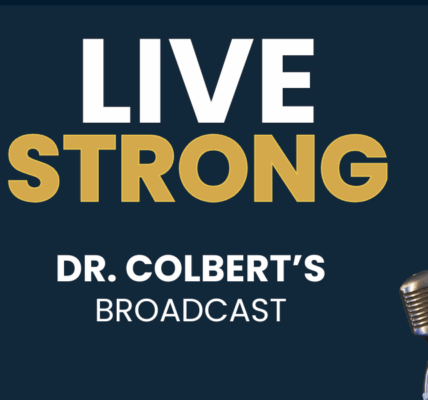When temperatures get higher, many of us pull out the grill and enjoy time in the sun with our loved ones. But the high heats of grilling and barbecuing have some potential dangers to know about.
Here are the facts and some essential grilling safety tips to use this year.
CARCINOGEN DANGERS OF GRILLING MEAT
When meats are cooked at temperatures above 300ºF (like when grilling) or cooked for a long time, they can form two types of carcinogens:
- Heterocyclic amines (HCAs): created when sugars, amino acids, and creatine in meats react at high temperatures
- Polycyclic aromatic hydrocarbons (PAHs): created by fat and juices dripping on heat sources, causing smoke that engulfs and sticks to the meat
Lab experiments have shown both chemicals can cause DNA changes and increase the risk of cancers like breast and pancreatic.
But if you enjoy grilling out each summer, you can still enjoy your barbecues! Just try to limit it to a few times a week and follow these safety tips:
GRILLING SAFETY TIPS FOR A HEALTHIER COOKOUT
Grill responsibly by following these tips every time you fire up the grill this summer.
1. CONSIDER LEAN CUTS
Choose lean cuts and/or trim visible fat before grilling.
The Keto Zone diet usually involves fattier cuts of meat, but for grilling and barbecuing, lean cuts can be safer. They’ll reduce the amount of fat that drips during the grilling process, thus avoiding excess exposure to PAHs.
Also know that beef, lamb, and pork are the worst meats to overcook or cook at high heats, although grilled fish and chicken aren’t immune to high heat cooking dangers.
2. USE HEALTHY MARINADES
Marinating your meat with homemade mixes like healthy oils, vinegars, and herbs and spices can help decrease the amount of HCAs produced. Just avoid marinades with sugars, as they can increase HCAs and are also poor for health.
3. UTILIZE YOUR OVEN FIRST
Reduce the amount of drippy juices by pre-cooking meats in your oven and draining the juices before putting them on the grill.
4. FLIP OFTEN AND REMOVE QUICKLY
If meat stays on the grill too long, it can become charred and increase HCA formation—so watch it closely and remove as soon as it’s cooked through. You can also cut it up into smaller pieces or make meat kabobs to decrease cooking time.
Also, be sure to flip your meat often. This will prevent overcooking on one side and help it to cook more thoroughly faster.
5. PLACE THE MEAT STRATEGICALLY
Avoid putting your meat directly above the coals so the fat doesn’t drip onto them. If you can, raise your grill rack higher so it’s farther away from the heat.
6. GRILL VEGGIES INSTEAD
High heat-cooked meats are the only foods that can potentially create significant amounts of HCAs, so consider other grilling options: like low-carb veggies!
If you want to go meat-free completely, grilled portobello mushroom caps or veggie burgers are another good alternative.
7. STAND AWAY FROM THE SMOKE
The smoke from grills can pose a health hazard too. To avoid breathing it in, always stand upwind from the grill—and make sure others do as well.
OVERALL, CHOOSE ALTERNATIVES TO HIGH HEAT COOKING
Keep in mind that other types of high heat cooking can create HCAs too. That includes pan-frying and broiling meats. So, the majority of the time, choose baking, roasting, poaching, steaming, or stewing over high heat methods.
Another great option is using a pressure cooker! You can cook foods faster, only up to about 250ºF, without the high heat, and it preserves a lot of the nutrition.
Use these grilling safety tips to make your favorite summertime Keto Zone recipes, like this Keto BBQ Chicken or burgers with Keto Zone Burger Buns!








